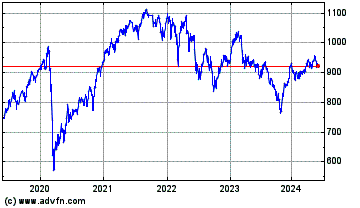AMX
Index Chart
From Feb 2020 to Feb 2025


